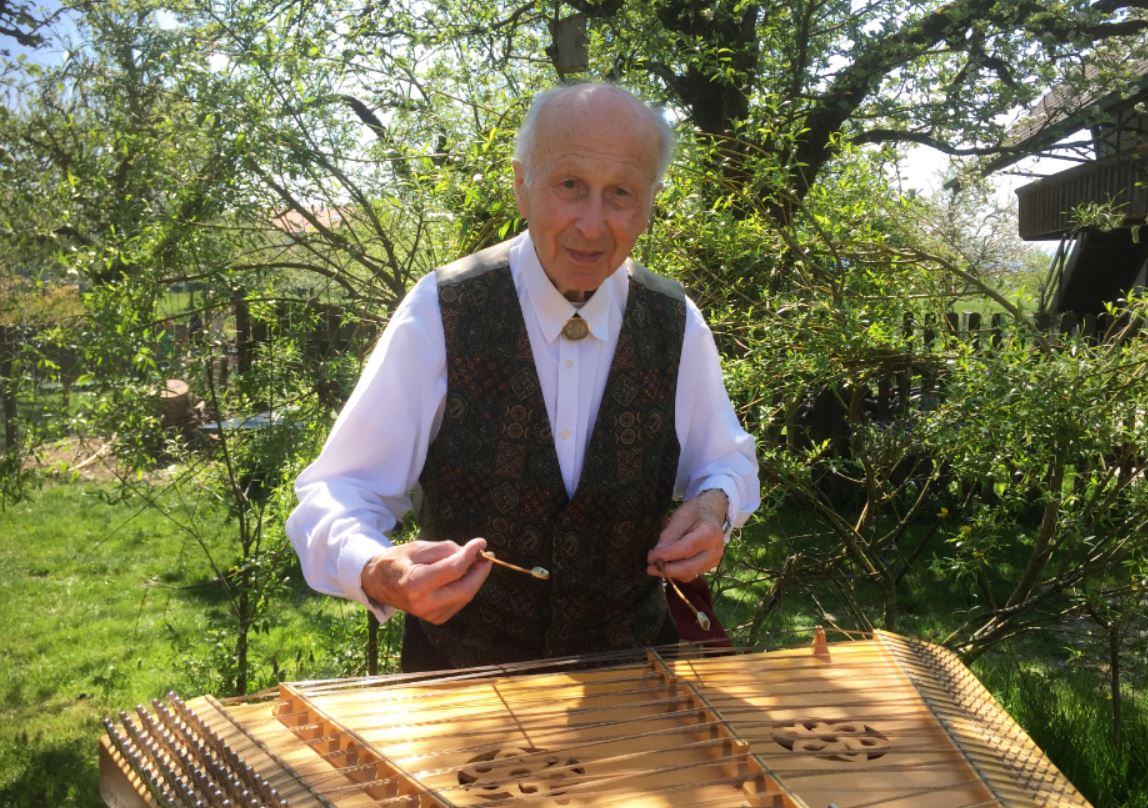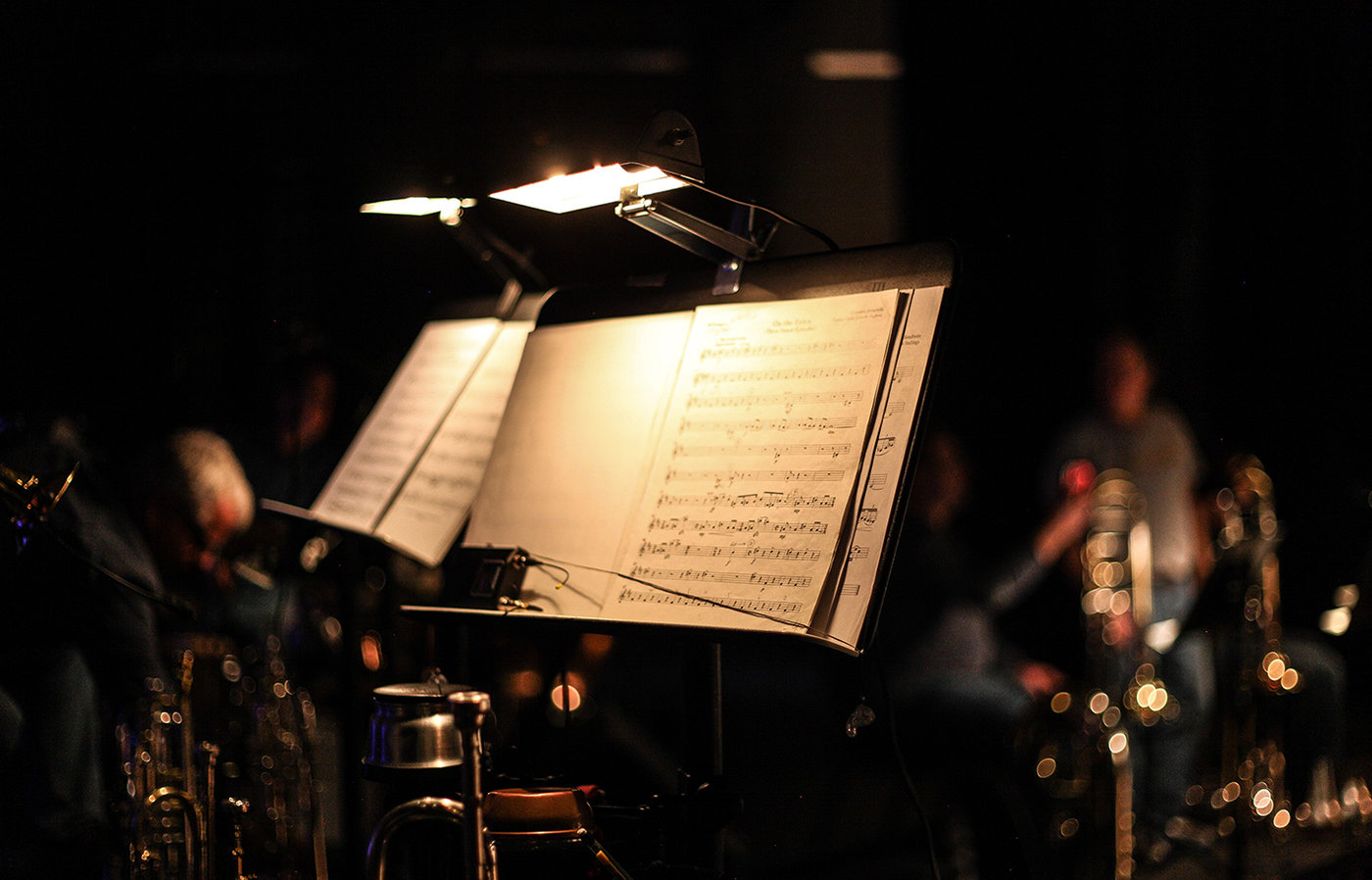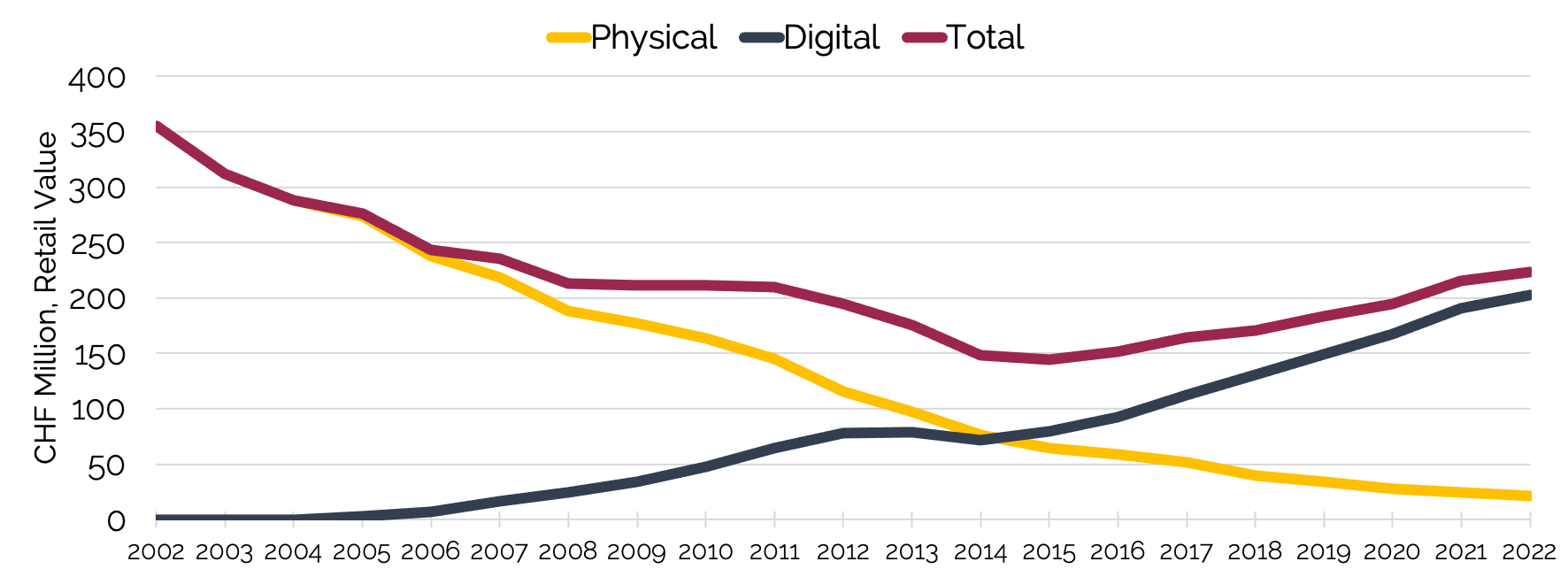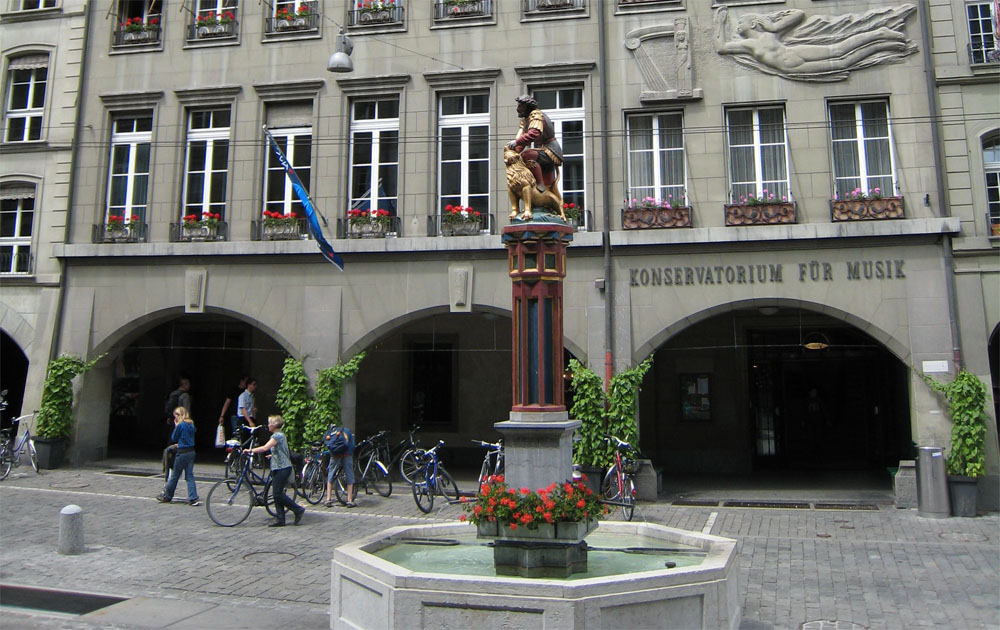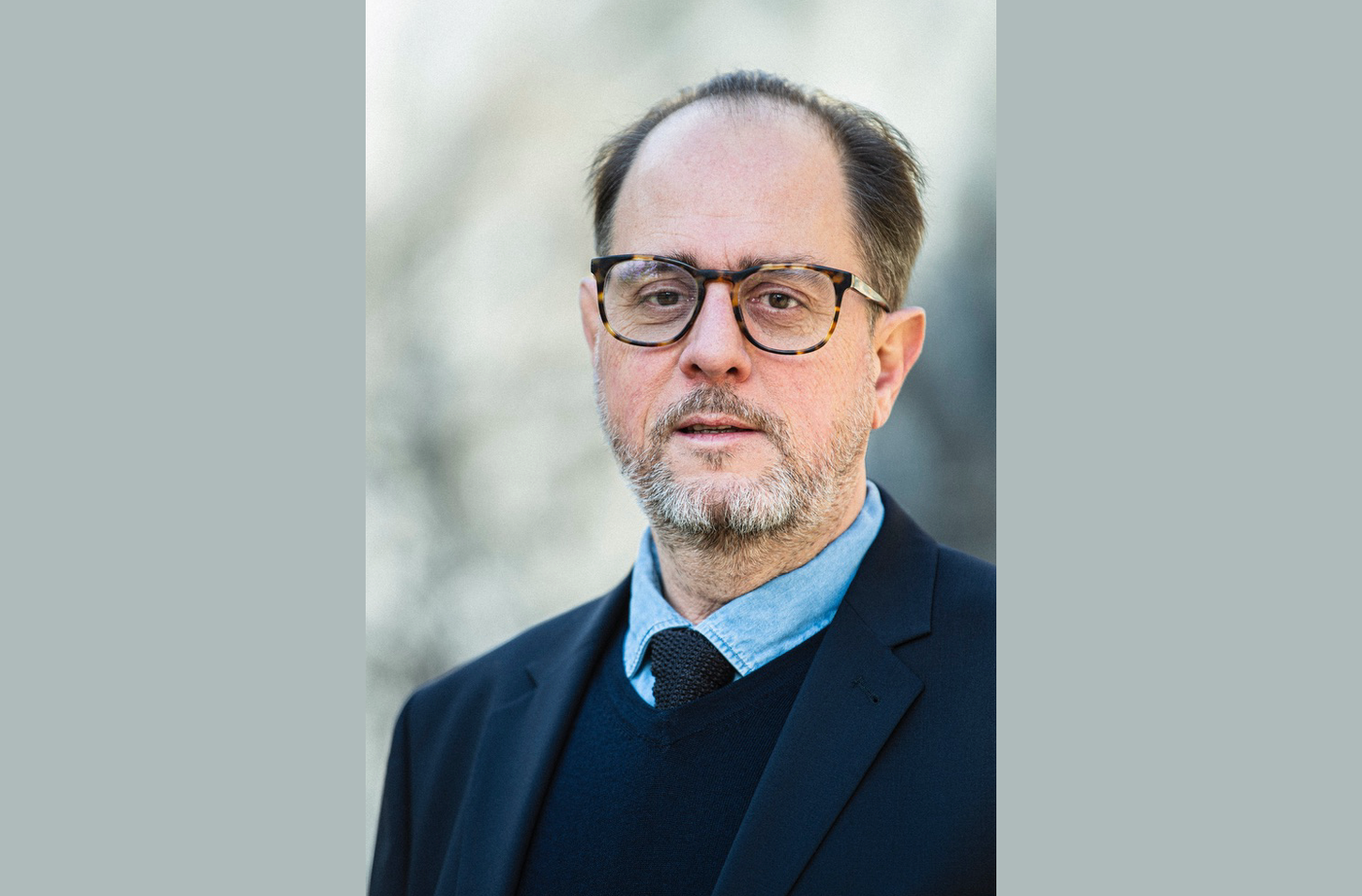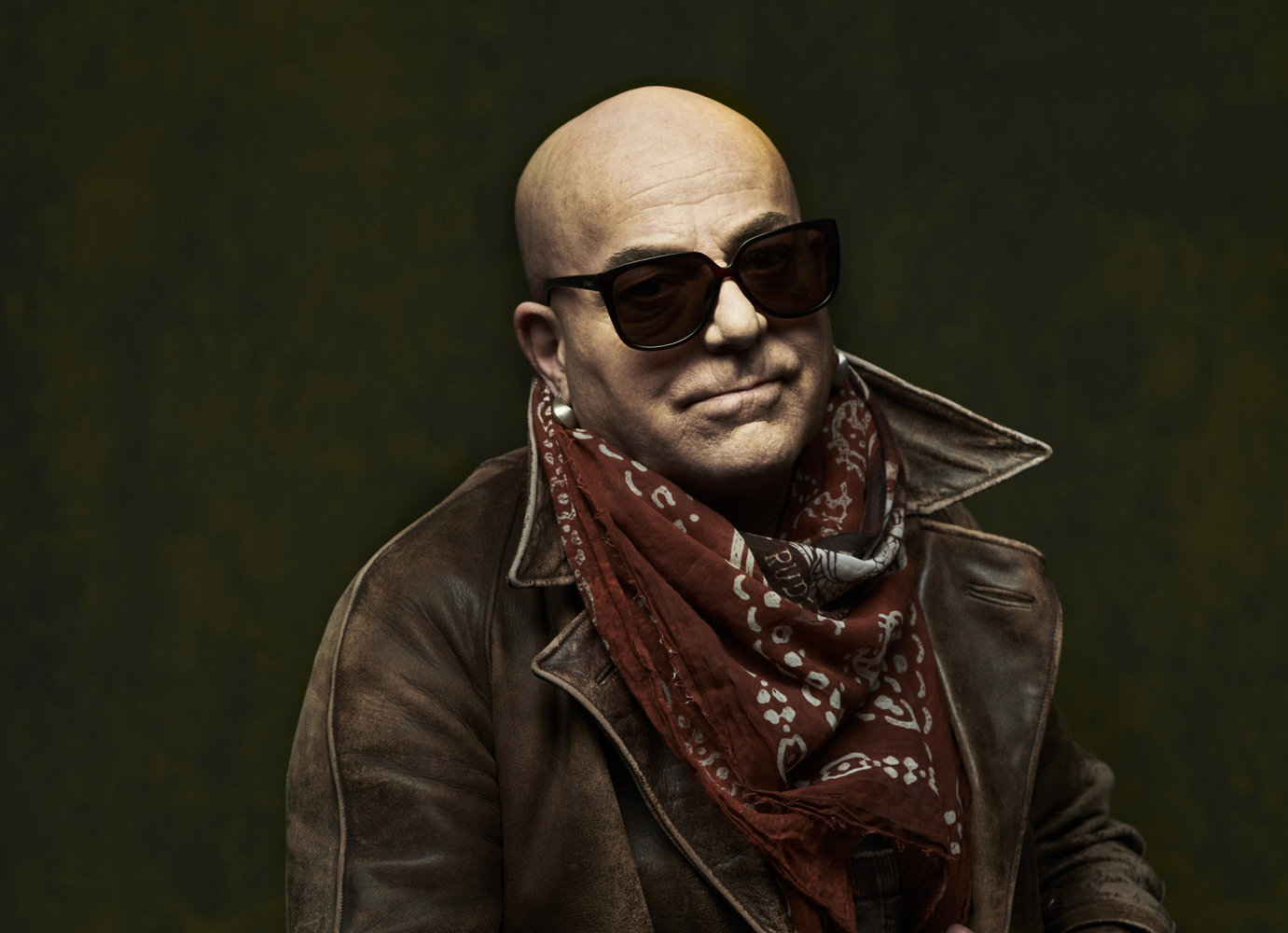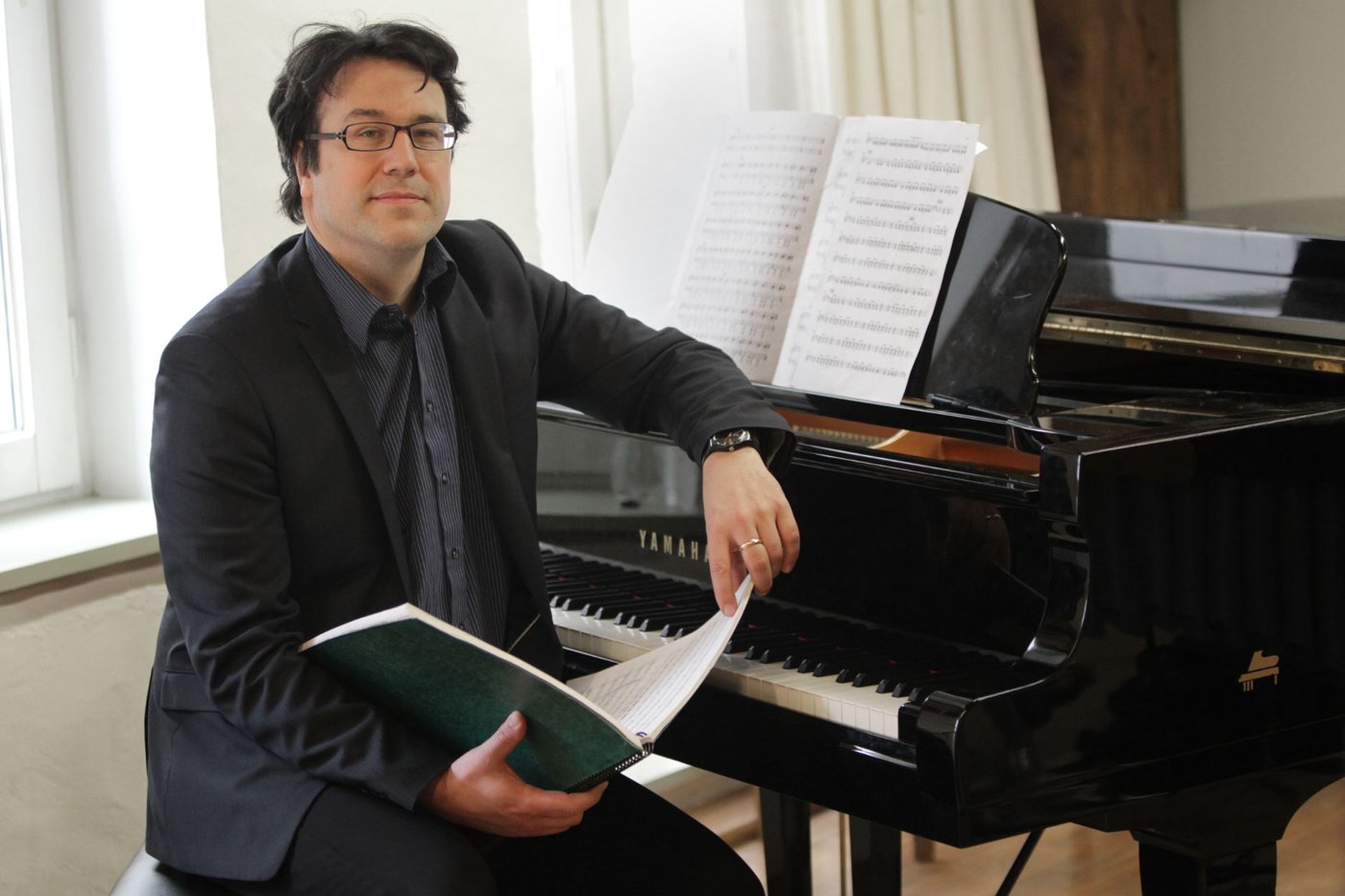Skalka succeeds Coin at the Schola Cantorum
The Czech cellist Petr Skalka will succeed Christophe Coin as professor of cello at the Schola Cantorum Basiliensis from the fall semester 2023/24.

According to the Schola Cantorum, Petr Skalka grew up in a family of musicians in Marienbad (Czech Republic). After studying at the conservatory in Pilsen, his interest in early music and historical performance practice led him to the Schola Cantorum Basiliensis with Christoph Coin, whose musical approaches had a decisive influence on him. Since 2001, he has taught as Christoph Coin's assistant at the Schola Cantorum in Basel. He also held a teaching position at the Nuremberg University of Music from 2011 to 2015.
Petr Skalka is a founding member of the ensemble Café Zimmermann, named after the Leipzig coffee house Zimmermann, where Johann Sebastian Bach and other famous musicians performed their works. He performs regularly with renowned chamber music ensembles throughout Europe and has participated in numerous recordings, which have been awarded several prestigious prizes.
From fall 2023, he will take over the teaching of cello in old scale at the FHNW-SCB and pass on his passion for the instrument, chamber music and historical performance practice. The application deadline for violoncello for the 2023/24 intake has been extended to March 1, 2023. Interested applicants should contact the SCB office (scb.hsm@fhnw.ch) in connection.






